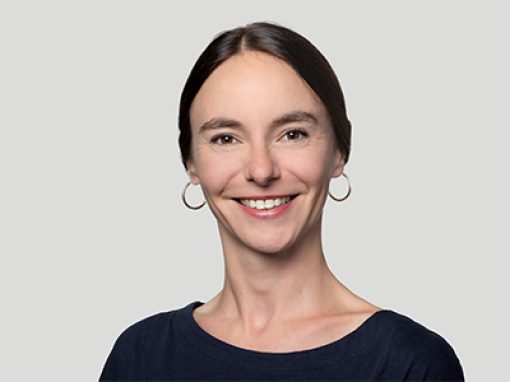
International Summer School 2025
International Summer School 2025, Muttenz (2 – 6 June 2025)
«Social Bytes and Artificial Minds: Digitalization and Artificial Intelligence – Opportunities, Challenges and Implications for Social Work»
The digitalization of social life is rapidly advancing. At the latest since the introduction of ChatGPT in autumn 2022, it has become clear how urgently questions about the opportunities and challenges of technical development and its effects on humans need to be discussed and reflected on anew. The swift, even unbridled developments of digital technologies are increasingly following each other in quick succession. At the time of writing, this can be seen directly in the development of ChatGPT. Artificial intelligence in particular, on which ChatGPT is also based, is attributed great potential to change all areas of life and work. At the same time, these rapid developments are evoking significant uncertainties, which need to be dealt with productively. One uncertainty arising from the perspective of social work is the relationship between the «artificial» and the «human».
The 2025 Summer School will explore the current state of technological developments and their social impact. It will address – from multiple perspectives and across disciplines – the potential for positive change and its possible negative consequences. In line with the current sustainability debate, hitherto neglected social, economic and ecological problems will also be discussed and critically analyzed.
International social workers, experts, and academics from various social work associations and organizations are invited to participate in the 2025 Summer School. Discussion and presentation formats include keynotes, plenary presentations, workshops and student sessions. Participants are welcome to suggest other formats.
Key Questions
- How social are artificial intelligences?
- What are the social consequences of the use of artificial intelligence?
- Which social work activities can be delegated to artificial intelligence, and which not?
- How can and should the use of artificial intelligence in social work be organized?
Certificate and ECTS Credits
Every participant will receive 3 ECTS credits for taking part in this year’s International Summer School. To receive a Certificate of Attendance, students must:
- Actively participate during the week.
- Complete the assigned task as part of their coursework.
An English level of B2 is recommended but not mandatory.
For further information please contact:

Leitung International Office, Hochschulzentrum, Hochschule für Soziale Arbeit FHNW

Wissenschaftlicher Mitarbeiter, Hochschulzentrum, Hochschule für Soziale Arbeit FHNW